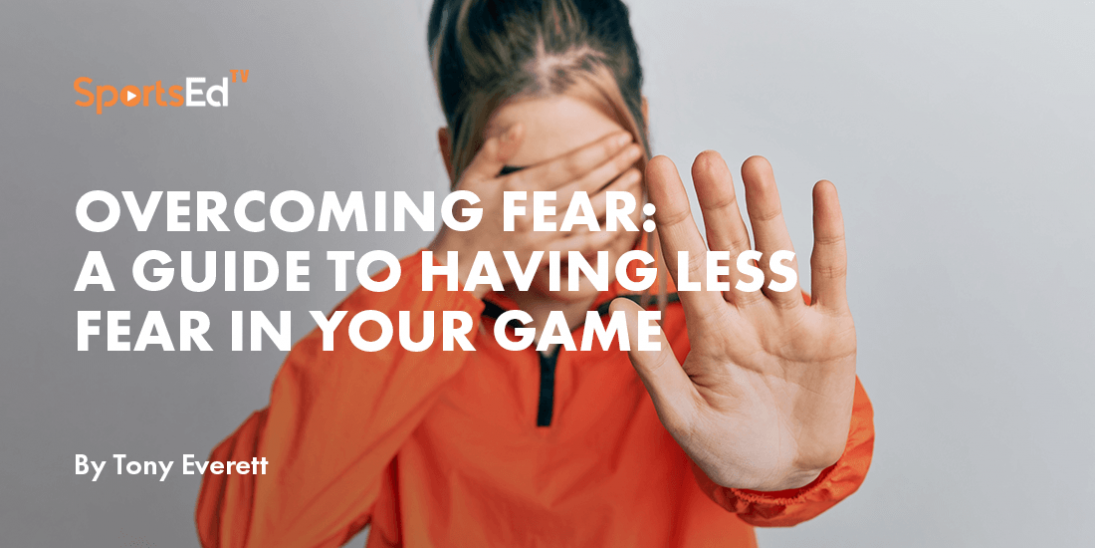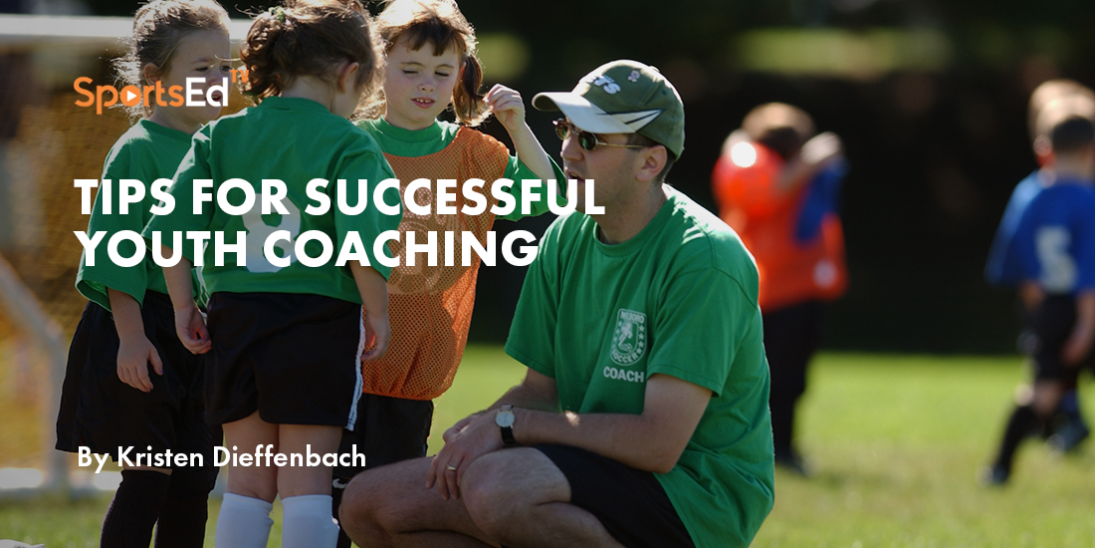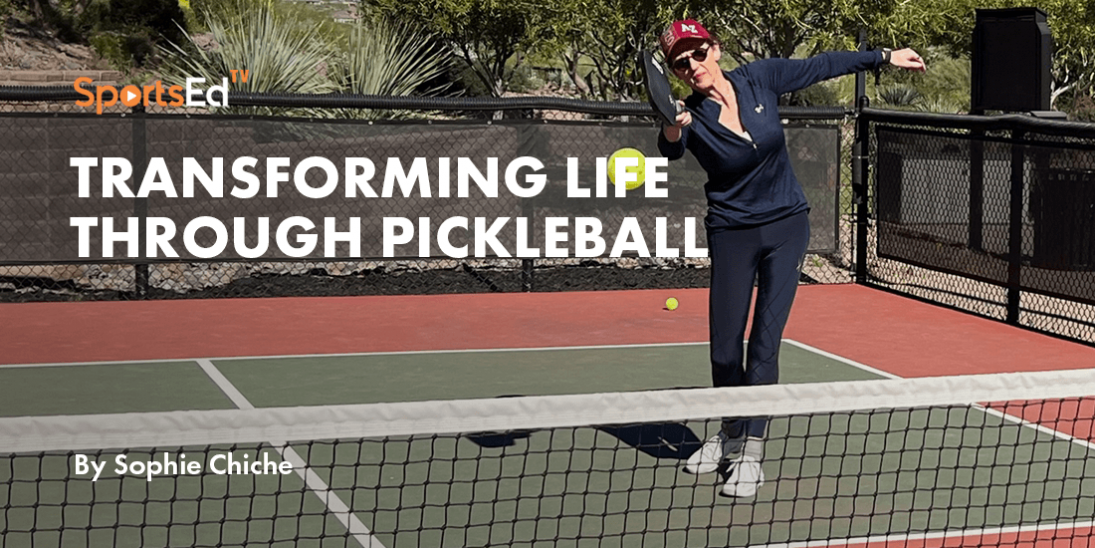Basketball, Football - American, Golf, Lacrosse, Mental Toughness, Pickleball, Soccer, Taekwondo, Volleyball
Welcome and thanks for visiting...

You have all the skills you need
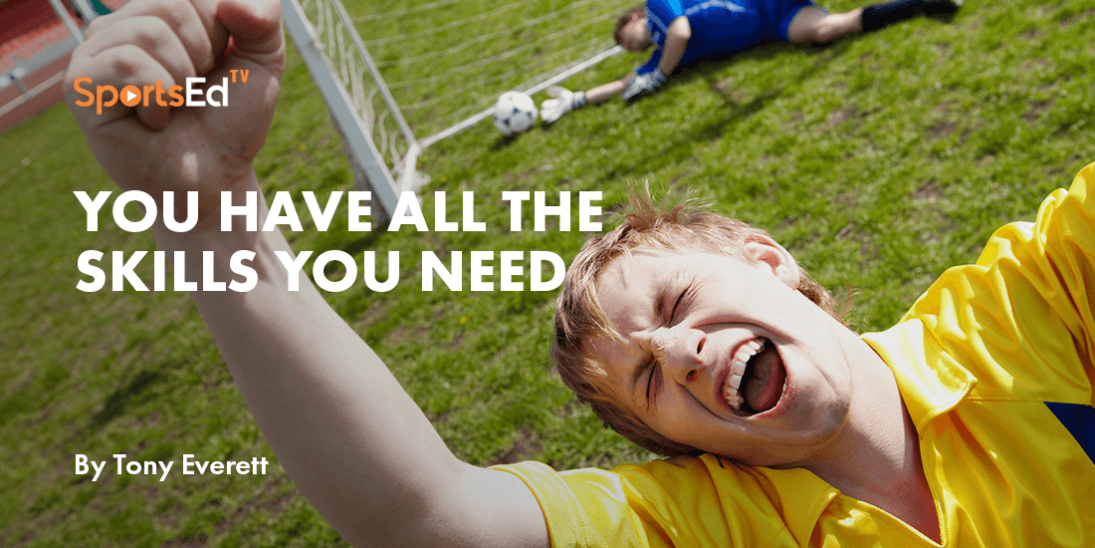
Our tendency when we are not performing well in our sport is to jump into working harder at practice. Or we hit the fitness loop, thinking that I will be better if I become faster, stronger, and fitter.
Working hard is essential, but we will want to look at many other aspects of our game-day preparation before hitting the gym.
"Success is no accident. It is hard work, perseverance, learning, studying, sacrifice, and most of all, love of what you are doing. " - Pele.
Trust yourself
If you play at a level that matches your skills, you have all you need to succeed. If you want to move to the next level, you have enough to make that leap. You will win, you will lose. It's all part of the journey.
When you overwork yourself at practice, rely too heavily on the game's tactics, or overthink every move because you don't think you are good enough to move to the next level of your game, you operate from a place of lack. This negative space is what is causing the lack of performance. I suggest you stop and take stock of what you have and are good at and examine all you know about your craft. From here, you can operate from a place of abundance and confidence.
A master craftsman has his tools in his toolbox to do his work. He didn't start with all the tools he needed. As he grew in his technical ability, he added the tools that were required. As he developed his skills, he undertook new work requiring a different tool set. These he added to meet the needs and demands. Eventually, his toolset was complete, and he learned to keep his tools sharp and in good working order. The master craftsman didn't revert to working harder to meet demand. Instead, he worked smarter and added the required tools to his toolbox.
You are that master craftsman. You may not have all the tools to play in the premier league, but you have what it takes to play at the level that matches your skill set. As you take on new challenges, you will fail, which is good. This failure informs you which tools you need to add to your toolbox. Once figured out, you can play at a new level, and the process starts again.
If you find yourself stuck and unable to progress in your game, I will challenge the "work harder" mentality to fix it and look elsewhere. There is a deeper issue at play. Just as the master craftsman's job is to keep his tools sharp once acquired, so your job is to maintain your skills. That means some physical skills practice, tactical and technical work, and even more importantly, mental and spiritual.
Athletes reading this might think I've lost my marbles because it sounds like I am saying don't practice, just go play. I can assure you I am not. I am saying that changing your mindset to trust the work you have done so far on your game is enough. In fact, I would say it's all you have.
To improve, and I mean really improve, you will want to address other aspects of your performance.
Here are some aspects of your game to consider.
The Mental Game.

I don't want to discuss positive affirmations and pre-match visualizations; you already have those. I want to talk about your mind and those voices that keep chattering in there.
I know you have those whispering voices that say you're not good enough, wander off into shame or even remind you to collect the dry cleaning on your way home. These voices arrive at inconvenient times, like in the changing room or during the pre-match briefing.
As a side note: Who does that voice belong to anyway? It can't be you because you are hearing it, right? If you are hearing the voice, it must belong to someone else. But who? And how can it be someone else's voice when there is only one of you? So many questions about the internal workings of the mind, but we are not going there today.
The good news about this voice potentially belonging to someone else in the brain is that you choose to listen or ignore it. If a friend were sitting next to you, spouting half of what that internal voice was saying, you would ask them to leave. But obviously, that is not possible as the voice you are hearing is somewhere in that mind of yours.
So, we learn to become the observer. Practicing the art of being the observer will mean you needn't engage in the conversation that goes back and forth, "You're lazy and didn't work hard enough at practice." "Bah, I'm good enough not to need practice." "Yeah, but if you did practice more, you'd be even better." "That's lame. I'm good enough." "You're going to lose today with that attitude." And on it continues.
The voice inside your head is real and will remain annoying if you engage with it. You can let it rant on while you keep calm and carry on. Becoming the observer of the voice will enable you to step away and carry on with your pre-match preparation to boost your performance. You could try saying something like this, "Thank you, I appreciate your input, but I'm busy and need to get on with my warm-up. Let's talk later." (Just don't say that out loud in front of your team, they might start to think you're going mad).
The time we spend wondering if we are good enough takes away from the moment we need our focus the most. In the heat of competition, when the pressure is on, we want all our attention to be on the skills we have developed, not the ones we wish we had.
Sport is an "in the moment" thing. To be at our very best, we want to be present and aware when crossing the white line. If I worry about not putting enough work into my backhand at practice this week as the game starts, there is no way I will be on my game.
The physical game.
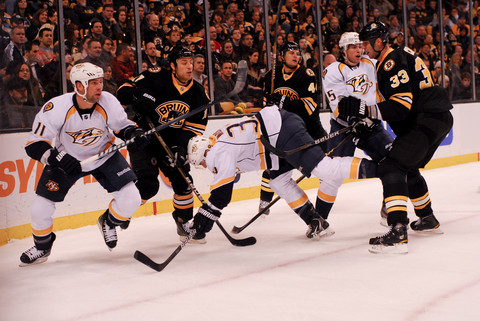
For athletes, practicing is essential for developing their skills and physical abilities to excel in their sport, remain in top shape, and avoid injuries.
There is no doubt that proper practice improves your skill. The practice ground is where you learn to fail because it is through failure that you develop the pathway to success. I can't expect to pick up a tennis racket and smash an ace with my first serve. I will need to fail many times before I get to the point of even getting it over the net.
During practice, we will want to learn to embrace the suck, push through the thoughts of not being good enough, and know that we are honing and refining our skills, leading to better performance on game day.
Practice is not all about the technique of our skills either. The more we practice a specific style, the more we will increase our physical stamina. This training will improve endurance, allowing us to maintain energy and focus for extended periods.
Practicing your craft is critical to your success, but practice should stay on the practice ground. When game time arrives, the only thing that remains is trust. Know that you have done enough for that game, understand that this moment is all you have, and take advantage of that.
Post-match analysis.
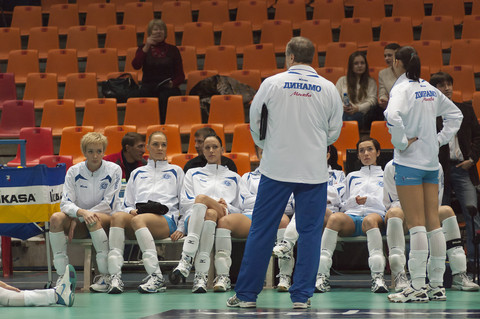
Sometime shortly after your match, ask yourself three simple questions:
- What did I do well?
- Recognize the moments when you were at your best. These are the moments you will want to repeat - often! Understanding what you did and how you got into that mindset will help you duplicate that performance.
- What didn't go well?
- When were you down or not at your best? This information will help you work on something different at practice or alter your pre-game warm-up. It is in this arena that training will help you improve your game. It is akin to the master craftsman discovering which tool he will add to his toolbox.
- What would I have done differently?
- Do you need to change your warm-up? Do you need to do something different at practice? Are there areas of your game that need some work? How will you prepare differently to overcome those shortfalls?
Few athletes carry out a post-match review, and they lose so much data that could help them improve. Practice is not just about repetition. "Practice makes perfect" is nonsense. It's about working on those aspects of your game that will help you get the best return on time invested.
Belief and trust.
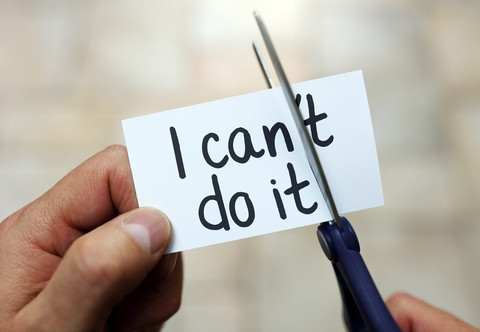
Self-belief is more than just feeling confident. It is the knowledge that you are exactly where you need to be at this moment in time. Developing self-belief can set you free, allowing you to step boldly into your brilliance.
Trusting yourself lets you let go of the "work harder" mindset. You know that you have what it takes and that, at the core, you are good enough. Yes, work hard, but that thinking is always limited.
Believing in yourself and trusting that you have what it takes has numerous positive effects on your personal and professional life.
- It will boost self-confidence, leading to a more positive self-image and improved self-esteem.
- You will trust that you have the skills and abilities to succeed.
- You will perform at your best.
- You can accomplish more and experience more significant achievements.
- It will help you maintain a positive attitude and bounce back more quickly when you face challenges or setbacks.
- Believing in yourself can unlock your creativity, leading to new ideas and innovative solutions.
- When you trust yourself, you'll likely make quick, confident decisions that align with your goals and values.
Letting go of fear.
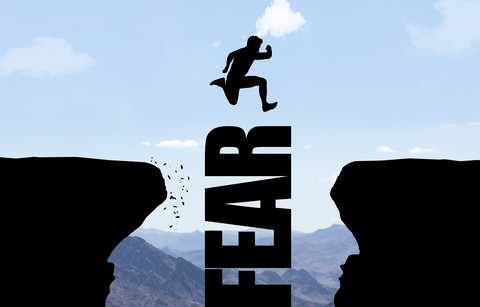
When you acknowledge that sport is an in-the-moment thing, you can let go of all the anxiety of not being enough to compete. Yes, there will be fear; there always is, and it's an emotion to embrace and accept.
Before any game, you can't know the outcome, and it creates uncertainty. It is this uncertainty that creates the fear. When you fight against that emotion, it just makes it stronger. When you surrender to it, accept its presence, and acknowledge its power, you can move through it and on to a stronger performance.
These areas of sports performance are talked about at length in various places. I have just compiled them to help you see that you are good enough, have what it takes, and that more of the same thing will not get you any better. Break the cycle and step into a new way of thinking about how you are preparing for your chosen sport.
Try it out. What have you got to lose?




